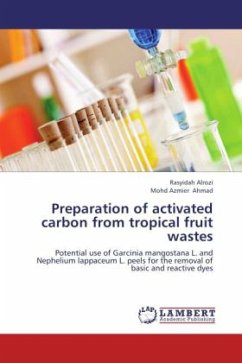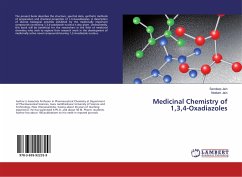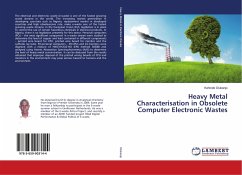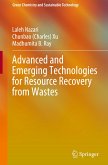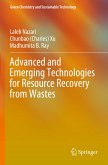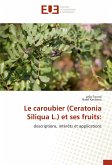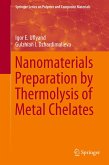Due to the high quantities of water used in the dyeing processes, textile industry has become one of the greatest sources of liquid effluent that contaminated with various kinds of dyes. The liquid effluent may cause serious water pollution problems and it requires solutions.However, commercially available activated carbons are still considered expensive due to the use of non-renewable and relatively expensive starting material such as bituminous coal. Therefore, this study investigates the potential use of tropical fruit wastes such as mangosteen (Garcinia mangostana L.) peel and rambutan (Nephelium lappaceum L.) peel that available in Malaysia, as the precursor for the preparation of activated carbon which can be applied for the removal of basic Malachite Green and reactive Remazol Brilliant Blue R dyes from aqueous solution. Optimum activated carbon preparation conditions were determined using response surface methodology. The activated carbons prepared were characterized to study their respective physical and chemical characteristics. Isotherms, kinetics and thermodynamics for adsorption of basic and reactive dyes were investigated by batch adsorption test.
Bitte wählen Sie Ihr Anliegen aus.
Rechnungen
Retourenschein anfordern
Bestellstatus
Storno

